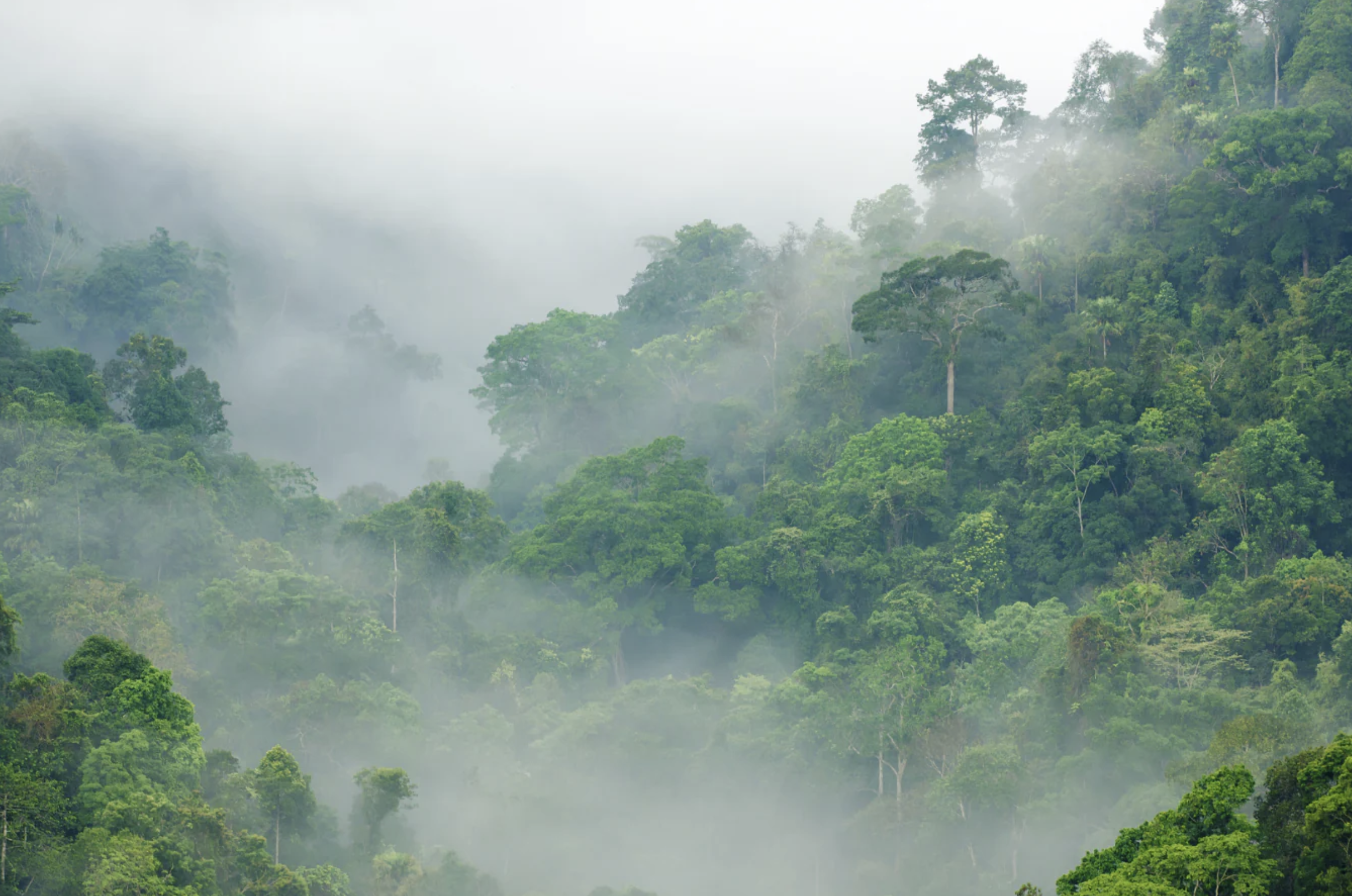President Mulino Spoke from Uruguay, Where He is Participating in a Mercosur Meeting
Panamanian President José Raúl Mulinio is at the 65th Summit of the Common Market of the South (Mercosur), the agreement for Panama’s accession as an associate state of the bloc. While the Government raises the opportunities of the agreement, industrialists ask to first take advantage of the 23 free trade agreements already in place.

The President of the Republic of Panama, José Raúl Mulino, is in Montevideo, Uruguay, to participate in the 65th Summit of the Common Market of the South (Mercosur), where the agreement formalizing the country’s accession as an associate state of the bloc is signed. “Today marks a turning point for Panama: we have reached the Mercosur Summit as a future associate state of the fifth largest economy in the world, a bloc that represents $4.5 trillion. This step strengthens our strategic position, expands our exports and creates new opportunities for all Panamanians. We are moving forward,” said the Panamanian president in a message on the social network X (formerly Twitter).
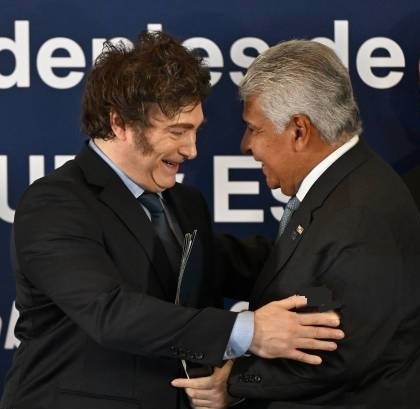
Panama’s Foreign Minister, Javier Martínez-Acha, for his part, expressed his gratitude to the countries that make up Mercosur, both those that are full members and the associated States. He recalled that the negotiations that are being formally concluded these days began during the Mercosur Summit held in Asunción in July of this year, with the presence of President Mulino, seven days after he took office. The foreign minister stressed the importance of Panama’s accession to Mercosur. “The entry of the Republic of Panama as an associate state to Mercosur represents another milestone in the history of our country. Panama enthusiastically joins this project.” At the same time, he said that as a government they went to Montevideo to formalize the country’s entry into the bloc after a detailed study of the advantages it entails for citizens. “We could not in any way miss the opportunity to integrate into a great global economy. Mercosur represents the fifth largest economy in the world, a potential market made up of 271 million inhabitants and a gross domestic product of 4.6 trillion dollars,” said Martínez-Acha.
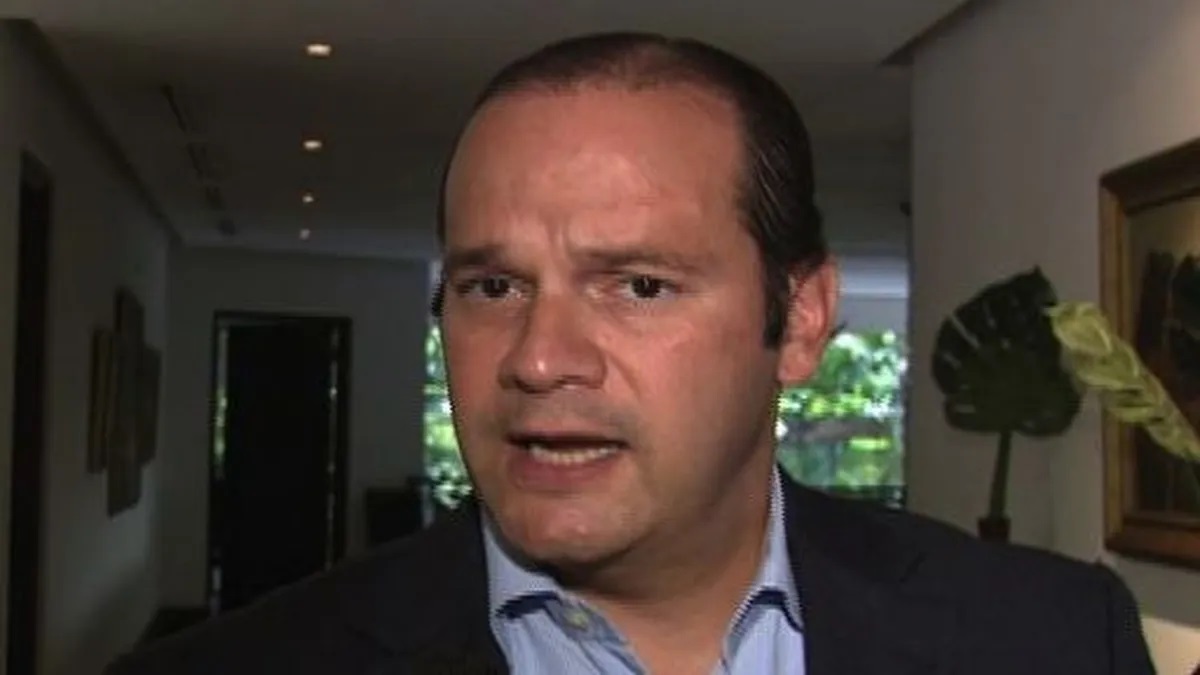
He added that from the moment the first talks with Mercosur began, they were sure that producers and the general public would benefit. “We are sure that the technological innovations already tested and consolidated in Mercosur countries will directly benefit our people. We will learn from those who know the most about livestock and agricultural operations,” said the foreign minister. Martínez-Acha said that the benefit will be direct through the transfer of technology, one of the concepts that they will be paying attention to. “It is a reality that with the signing of the agreement the path only begins. This will grow with the participation of all production sectors, associations and community leaders,” he said. He stressed that the government is committed to ensuring that the process will be the result of positive discussions with producers, industrialists and entrepreneurs. “We will remain very attentive. It is necessary to emphasize that agricultural production represents approximately 3% of our GDP, which means that we have a long way to go to improve these percentages. If we work together and with national criteria, the advantages of entry will be seen sooner rather than later and the result will be the strengthening of the real Panamanian economy.”
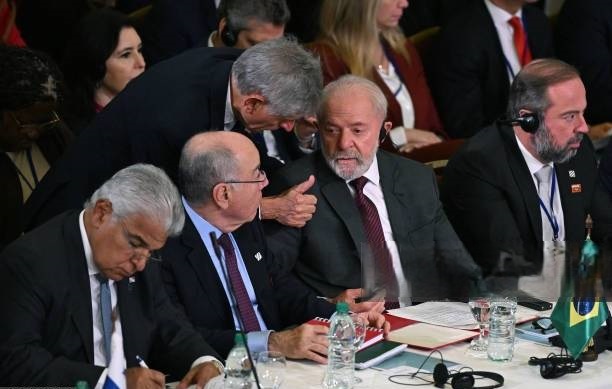
He stated that “this strengthening will bring with it greater purchasing power for families. Growth and productivity will increase. Informal work will decrease and the State’s ability to collect taxes will be welcomed with a view to offering a better service both in the health system and in the amount of pensions.” he said. He also said that the countries that make up Mercosur, both the founders and the associated States, were enthusiastic about the possible integration of Panama from the beginning. “We owe them all gratitude. You can be sure that Panama will be a reliable partner that will fulfill its obligations…” He stressed that Panama has the hub of the Americas, which is of high quality and works very well, as well as first-class logistics and port infrastructure, a railway project and the operational advantages of the Panama Canal. “All of this is of interest to Mercosur countries because it can directly benefit their companies in the agro-industrial and meat sector. These will have a greater capacity to export to different regions of the world,” Acha said. He stressed that Panama has also had an experienced and accredited financial infrastructure for many years, as well as a generation of young people who are well qualified in technological and digital tools and who also speak various languages.
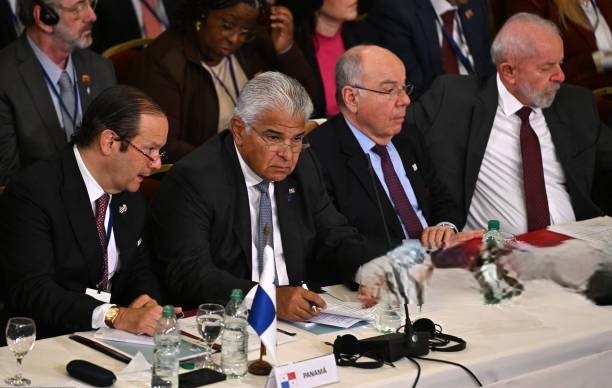
“It is easy to do business in Panama. You only have to see the large number of entrepreneurs who arrive at the airport every day in order to hold meetings with partners from various origins,” he stressed. The logistics sector represents about 30% of the country’s gross domestic product, he said. “We are working in different directions so that Panama becomes a reference in the semiconductor manufacturing market through foreign direct investment,” said Martínez-Acha, stressing that Mercosur is on the path to “consolidating” itself as a hub of a solid alliance that not only contains economic advantages that are beneficial for its members. “It is always good to remember that, in another order of things, the Southern Common Market must rely on its own internal processes. It is a kind of bloodstream that runs through the body and that must be fed by real democracy in the political sphere, as well as by the transformation of equity in the economic and social spheres,” he added. He added that “Mercosur is not just a trade agreement, or a customs union or a free trade zone. Behind these factors, which are very important in themselves and have autonomous value, it must be seen as a guarantee of prosperity, effective democracy and institutional stability in America.”
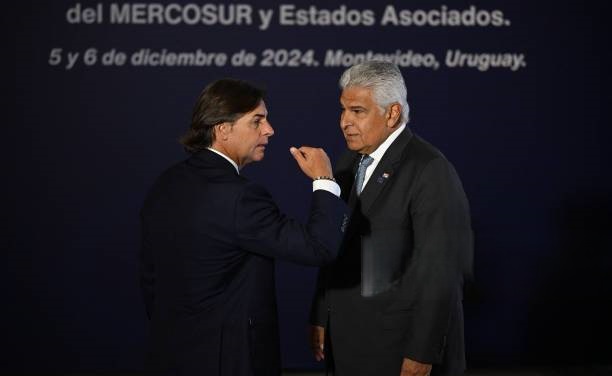
Martínez-Acha said that “Panama has no isolationist vocation. Quite the contrary. My country can boast of maintaining a solid and long-standing relationship with the United States, and also with the European Union and the People’s Republic of China, a very active nation in our interoceanic route as well as with other Asian countries with a large presence in trade relations. I understand that the good health of Mercosur must avoid sterile dichotomies, especially if these are part of ideological discussions. We need each other. Finally, he recalled that “the Republic of Panama brings strong democratic convictions to the community that welcomes us from now on. As you know, we will be non-permanent members of the United Nations Security Council in the period 2025-26. Our partners, in this case Mercosur, will be privileged interlocutors in everything that concerns the objective of all, peace, social and economic progress and democracy.”
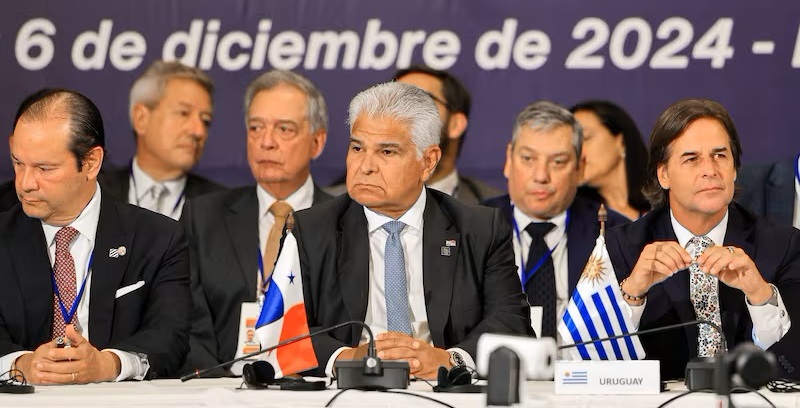
Panama joins Mercosur as an associated state. Upon entering this block of countries, President José Raúl Mulino said that Panama offers advantages such as connectivity that facilitate trade and the development of investment businesses. He assured that they will work to strengthen intra-regional exchange.





